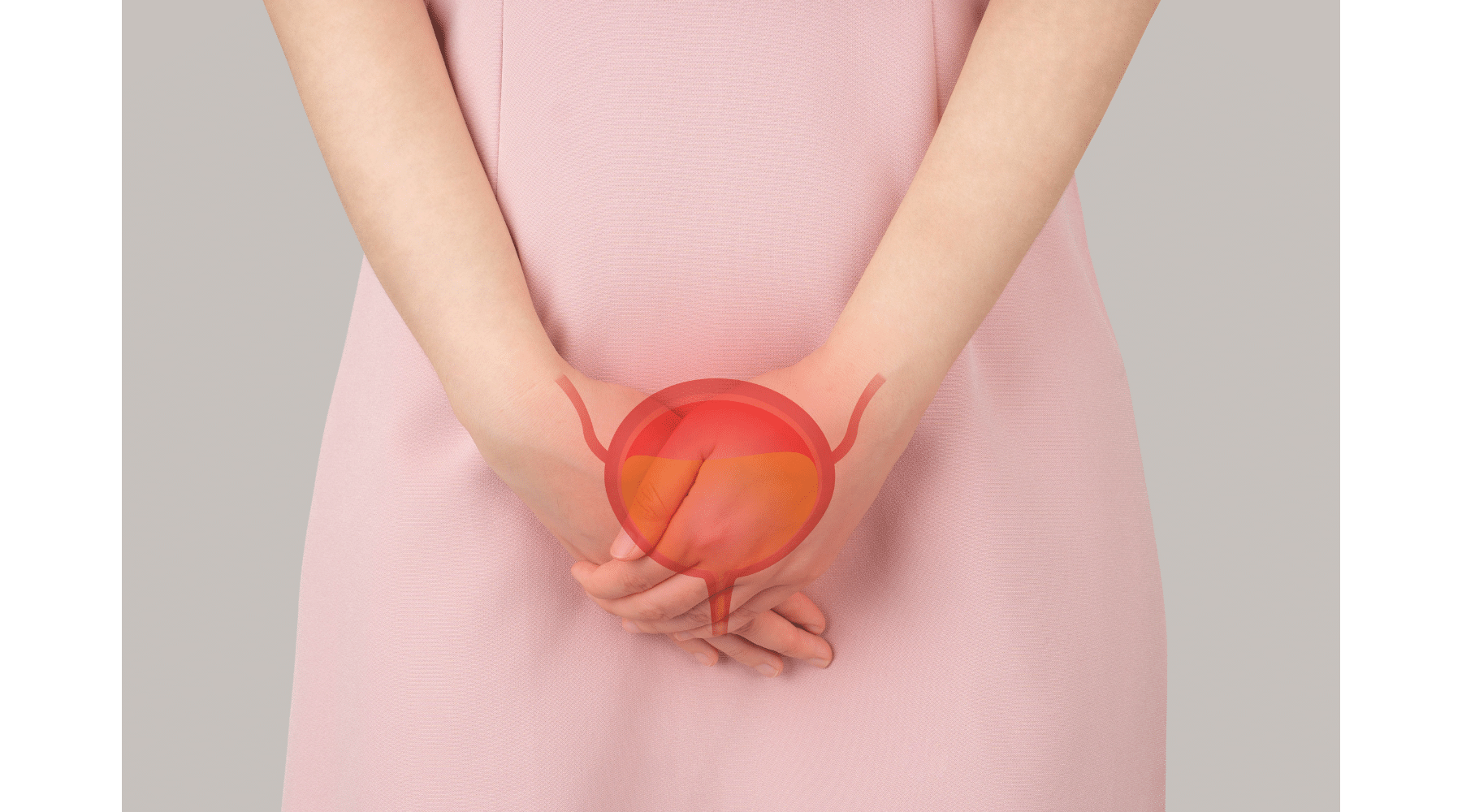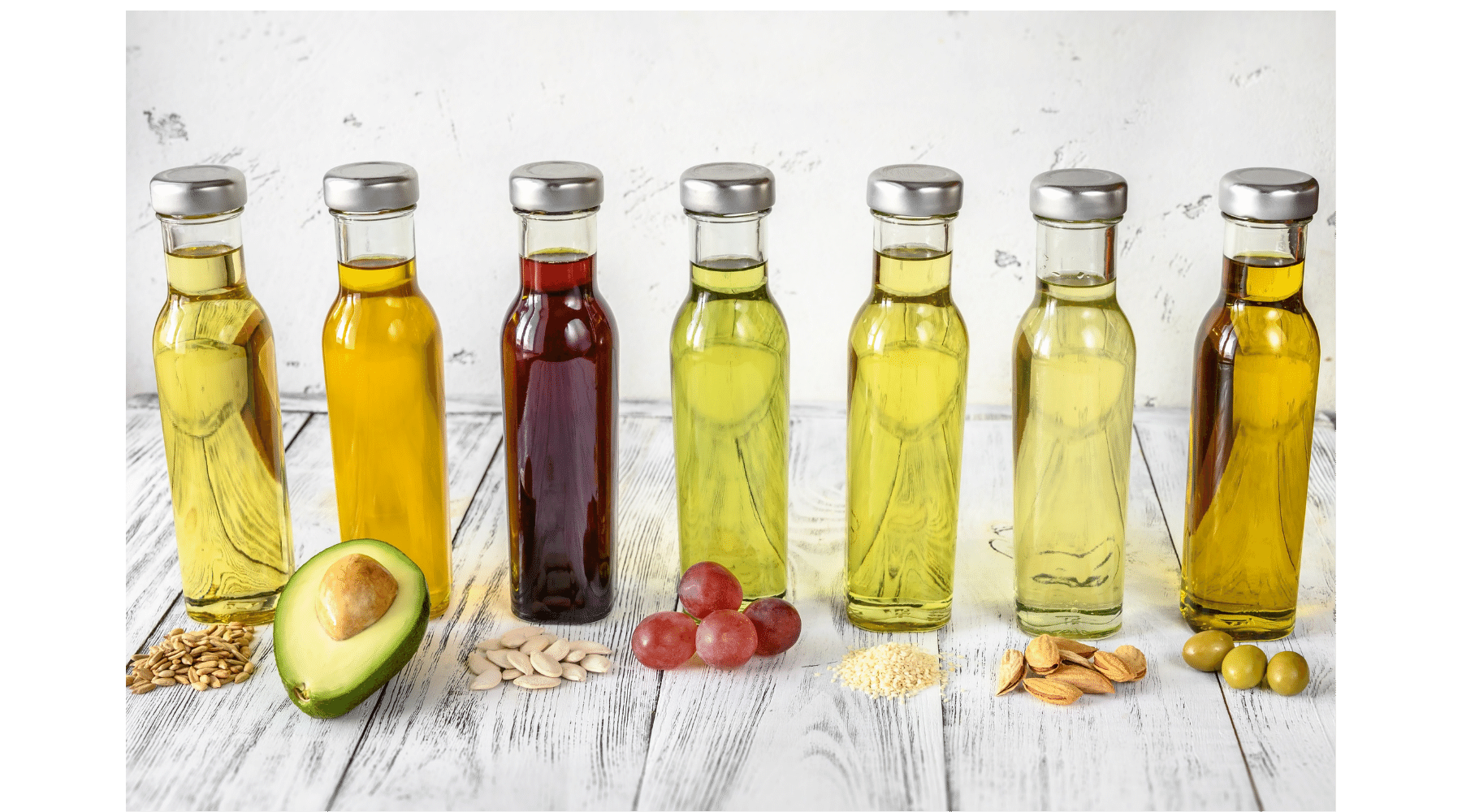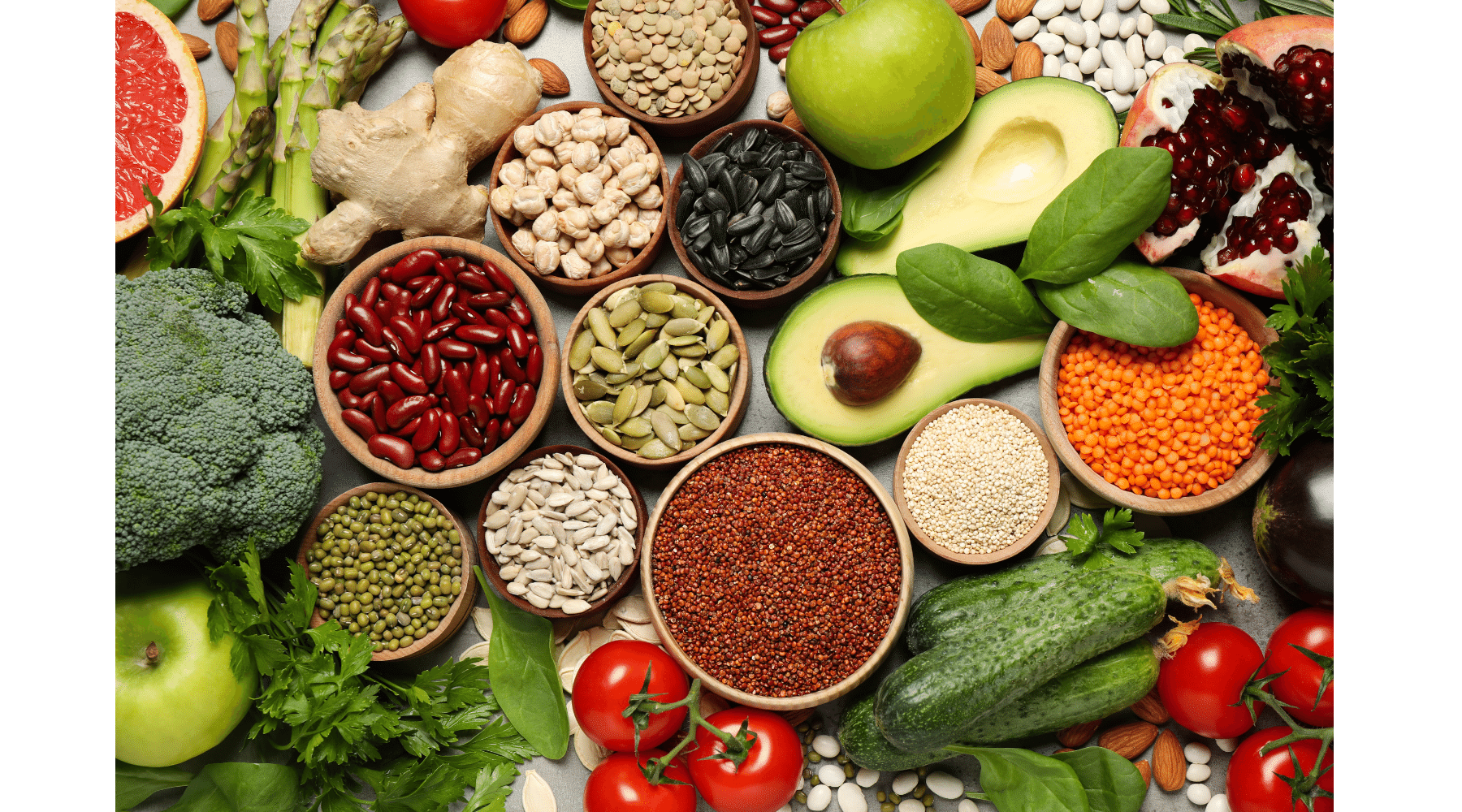
Peeing Problems? Why Bladder Discomfort Could Be a Sign of Interstitial Cystitis
Are you tired of constantly feeling the urge to pee? It could be a sign of interstitial cystitis, also known as bladder pain syndrome. This condition affects millions of people worldwide and can cause discomfort and pain during urination. Don't suffer in silence - visit a doctor or clinic to find help and treatment options for this pesky syndrome.
Introducing Interstitial Cystitis - What Is It?
Interstitial cystitis may not be a term you've heard before, but if you're experiencing bladder discomfort and frequent urges to urinate, it's worth learning more about. Interstitial cystitis, or IC for short, is a chronic condition that affects the bladder and urinary tract. While it shares some similarities with urinary tract infections, IC is not caused by bacteria and cannot be treated with antibiotics. Instead, it's thought to be caused by inflammation and irritation in the bladder lining. This inflammation can lead to a range of symptoms, including pain and pressure in the bladder, frequent urination, and even pelvic pain. If you're experiencing any of these symptoms, it's important to talk to your healthcare provider to determine whether IC could be the cause.
Symptoms of IC - Bladder Discomfort and More!
Interstitial cystitis can be a real pain in the bladder, and unfortunately, it's not just a one-time discomfort. One of the most common symptoms of IC is bladder discomfort, which can range from a mild ache to a severe pain. If you're experiencing bladder discomfort, you may also notice that you need to urinate more frequently, or that you feel like you need to go urgently. But bladder discomfort is just the beginning - other symptoms of interstitial cystitis can include pelvic pain, painful intercourse, and even depression or anxiety. If you're experiencing any of these symptoms, it's important to talk to your doctor about the possibility of interstitial cystitis. While there's no cure for IC, there are treatments available that can help manage your symptoms and improve your quality of life. So don't let bladder discomfort take over - take control of your bladder health with interstitial cystitis care!
Diagnosing Interstitial Cystitis - How to Tell If You Have It
Let's face it: peeing problems are no fun. But when those issues persist and start to affect your daily life, it's time to take action. One potential culprit for bladder discomfort is interstitial cystitis (IC). But how do you know if you have it? The truth is, diagnosing IC can be tricky. There's no one test that definitively confirms the condition, and symptoms can vary from person to person. However, there are some key indicators to look out for. These include frequent urination, pain or pressure in the bladder or pelvic area, and a persistent urge to urinate even when your bladder is empty. Additionally, some people may experience pain during sex, discomfort in the lower back or thighs, or even depression or anxiety. If any of these sound familiar, it's important to talk to your doctor about getting a proper diagnosis. While IC can be a frustrating condition to deal with, there are many treatment options available to help manage symptoms and improve your quality of life. So don't suffer in silence – get informed about interstitial cystitis today!
Treating IC with Diet, Medication, and Other Therapies
Now that you have been diagnosed with interstitial cystitis (IC), it's time to explore the available treatment options. IC is a chronic condition with no known cure, but there are ways to manage the symptoms and improve your quality of life. Diet modification is often the first line of defense against IC. Certain foods and drinks, such as caffeine, alcohol, spicy foods, and citrus fruits, can irritate the bladder and worsen symptoms. Your doctor may also recommend medications to help alleviate pain and inflammation, such as nonsteroidal anti-inflammatory drugs (NSAIDs) or prescription drugs specifically designed for IC treatment. Physical therapy and nerve stimulation may also be effective in reducing bladder discomfort. Dietary supplements that contain bioflavonoids, antioxidants, plant sterols and bladder supportive ingredients may also provide natural long-term relief. It's important to work closely with your healthcare provider to find the right combination of therapies that work best for you. With the right treatment plan, you can regain control of your bladder health and live a full, fulfilling life with IC.
Taking Control of Your Bladder Health with Interstitial Cystitis Care
Let's face it - dealing with bladder discomfort is no picnic, and when it's a sign of interstitial cystitis (IC), it can feel like your life is revolving around bathroom breaks. But fear not! There are ways to take control of your bladder health and manage IC. Start by talking with your healthcare provider to develop a personalized treatment plan that may include dietary changes, medication, natural dietary supplements and other therapies. Additionally, practicing good bladder habits such as regular urination and pelvic floor exercises can help prevent flare-ups. Remember, you are not alone in this journey and there are support groups and resources available to help you navigate life with IC. Take charge of your bladder health and don't let IC hold you back from living your best life!
Conclusion: Don't Let Bladder Discomfort Take Over Your Life — Get Educated About IC Today!
Congratulations, you've made it to the end of our journey through interstitial cystitis! We hope that by now, you have a better understanding of what IC is, its symptoms, how it's diagnosed, and most importantly, how it can be treated. However, even with all this knowledge, it can still be challenging to manage bladder discomfort on a day-to-day basis. That's why it's crucial to stay informed and take control of your bladder health with interstitial cystitis care. Don't let bladder discomfort take over your life – get educated about IC today! Remember, the first step to managing this condition is recognizing its symptoms and getting a proper diagnosis. From there, you can work with your healthcare provider to create a treatment plan that fits your needs, whether it's through diet, medication, or other therapies. With proper care and attention, you can take back control of your bladder health and live your life to the fullest. So, what are you waiting for? Start educating yourself about interstitial cystitis today, and take the first step towards a healthier, happier you!
People also ask
What is the root cause of interstitial cystitis?
Interstitial cystitis (IC) is a chronic bladder condition that causes pain and pressure in the pelvic area. The root cause of IC is still unknown, although several theories have been proposed. One theory suggests that IC may be caused by a defect in the protective lining of the bladder, which allows irritating substances in the urine to penetrate into the bladder wall and cause inflammation. Another theory suggests that IC may be related to an autoimmune disorder, where the immune system attacks healthy cells in the bladder. IC has also been linked to nerve damage or dysfunction in the pelvic region, which can lead to abnormal sensations and pain. In addition, certain lifestyle factors such as stress, diet, and hormonal changes may trigger or worsen IC symptoms. While there is no known cure for IC, there are various treatments available to manage symptoms such as pain medications, bladder instillations, physical therapy, and dietary modifications. It's important for individuals with IC to work closely with their healthcare provider to develop a personalized treatment plan based on their specific needs and symptoms.
How do you fix interstitial cystitis?
Interstitial cystitis (IC) is a chronic bladder condition that causes pain and discomfort in the pelvic region. Unfortunately, there is no known cure for IC, but there are several treatment options that can help manage the symptoms. One way to manage IC is through medication. Your doctor may prescribe oral medications such as nonsteroidal anti-inflammatory drugs (NSAIDs), antihistamines, and tricyclic antidepressants to help alleviate pain and discomfort. Another option for treating IC is through bladder instillation therapy. This involves inserting medication directly into the bladder through a catheter to reduce inflammation and relieve symptoms. Lifestyle changes can also be helpful in managing IC. Avoiding trigger foods such as spicy foods, caffeine, and alcohol can help reduce symptoms. Pelvic floor physical therapy can also be useful in strengthening muscles that support the bladder. In severe cases of IC, surgery may be necessary. Procedures such as bladder augmentation or removal of the bladder may be considered if other treatments are ineffective.
What can flare up interstitial cystitis?
Interstitial cystitis is a chronic condition that affects the bladder and causes pain and discomfort. It is also known as painful bladder syndrome. Flare-ups of interstitial cystitis can be caused by several factors. One of the most common triggers of interstitial cystitis flare-ups is certain foods and drinks. Foods high in acidity, such as tomatoes, citrus fruits, and vinegar, can irritate the bladder lining and worsen symptoms. Spicy foods, carbonated drinks, alcohol, caffeine, chocolate, and artificial sweeteners are also known to trigger flare-ups. Stress is another significant factor that can cause interstitial cystitis flare-ups. When stress levels are high, it can lead to increased muscle tension in the pelvic area and exacerbate symptoms such as pain and urinary urgency. Certain medications like diuretics or antihistamines may also trigger interstitial cystitis flare-ups. Women may experience worsening symptoms during their menstrual cycle due to hormonal changes. Other factors that can contribute to interstitial cystitis flare-ups include urinary tract infections, allergies or sensitivities to chemicals or perfumes in personal care products or laundry detergents. Overall, identifying triggers for interstitial cystitis flare-ups is crucial for managing the condition effectively. Patients should work with their healthcare providers to develop an individualized treatment plan that includes lifestyle modifications and medications to alleviate symptoms and prevent future flare-ups.
What is life expectancy for someone with interstitial cystitis?
There is no specific life expectancy for someone with interstitial cystitis (IC). IC is a chronic condition that affects the bladder and can cause pain, discomfort, and frequent urination. While IC can significantly impact a person's quality of life, it does not typically affect their lifespan. However, untreated or poorly managed IC can lead to complications such as urinary tract infections, kidney damage, and even depression. In rare cases, severe bladder damage may require surgical intervention. The key to managing IC is working closely with a healthcare provider to develop an individualized treatment plan that addresses the patient's symptoms and triggers. This may include medication, dietary changes, dietary supplements, physical therapy, or other interventions. It is important for individuals with IC to prioritize self-care and make lifestyle adjustments as needed to manage their symptoms. This may include reducing stress levels, avoiding trigger foods or activities, practicing pelvic floor exercises, and staying hydrated. Overall, while there is no specific life expectancy associated with IC itself, it is important for individuals with this condition to take an active role in managing their health in order to prevent potential complications and maintain overall well-being.


